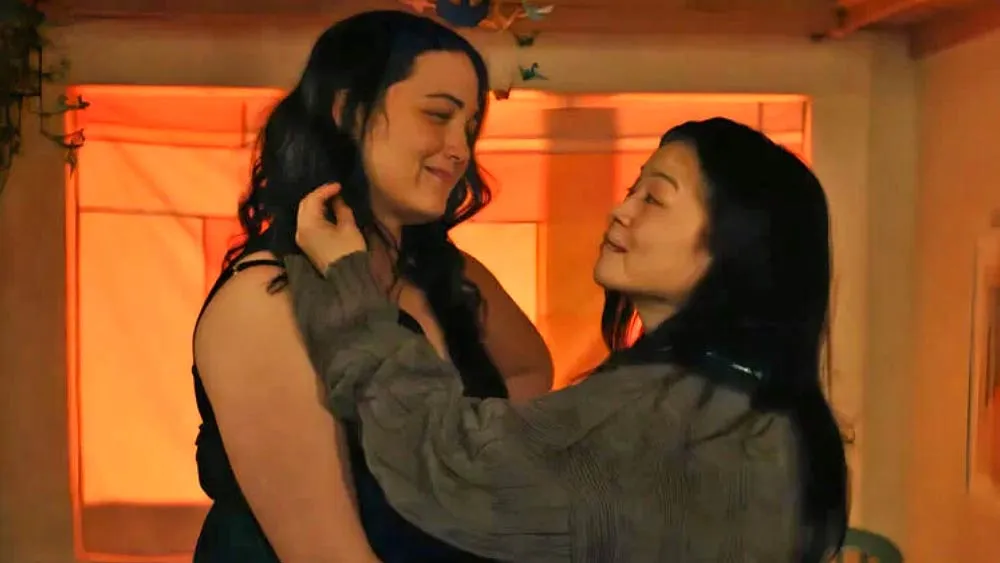September 12, 2014
Anyone Can Get HPV: Get Vaccinated or Risk Serious Health Issues
EDGE READ TIME: 3 MIN.
A recent study released by Pediatrics has shown that while vaccination against the human papilloma virus (HPV) is highly recommended, many individuals are not receiving the necessary protection because many doctors were not making the needed recommendation. Of those surveyed, 44 percent said that their children had not been vaccinated because no physician had offered to do so.
"HPV could lead to more serious health issues down the line," said Vicki Sowards, Director of Nursing Resources for Passport Health. "Even if a person isn't sexually active yet it is still recommended that they be vaccinated. Boys and girls, men and women, it's important that everyone know the risks and takes the necessary precautions to prevent problems later in life."
Advisory Committee on Immunization Practices (ACIP) recommends HPV administration to males and females 11-26 years of age. There is an increased incidence in oral carcinomas caused by the HPV virus due to sexual activity.
"As teens are the targeted age of this vaccination, parents and physicians need to have conversations that may be uncomfortable to all involved regarding sexual activity," said Sowards. "Just because it's uncomfortable doesn't mean it isn't necessary. HPV can cause some serious problems, including cancer. It's better to have the vaccine and not be sexually active then to end up in a situation where one might regret not having had it."
HPV is the most common sexually transmitted infection and is so common that nearly all sexually active men and women get it at some point in their lives. The virus is spread through vaginal, anal or oral sex and can be passed when an infected person has no signs or symptoms. Anyone who is sexually active can contract the HPV and symptoms may not develop until years later making it difficult to know when one first became infected.
Usually, HPV goes away on its own but, in some cases, it can cause health problems like genital warts and cancer. Vaccination is highly recommended. But according to the Pediatrics study, most doctors and parents felt the vaccine was unnecessary to even suggest due to age or lack of sexual activity.
"The vaccination process is pretty simple," said Sowards. "There are three shots that are done with time between them. That is actually part of the problem for some people. They'll come in and get the first dose but won't come back for the other two. It would be like only buying one shoe. I mean, it's better than no shoe, but it's not very effective."
The HPV vaccination provides lifelong protection meaning that boys and girls 12-years and older should be vaccinated whether they are sexually active or not.
"Once this vaccination series is completed, lifetime immunity is acquired and protection will be present for a lifetime," said Sowards. "It's easier than a flu shot in that respect. You come in three times and get the shots and then you're done."
The CDC estimates that about 79 million Americans are infected with HPV and that 14 million more are infected each year. About 21,000 HPV-related cancers could be prevented annually by simply vaccinating against the virus.
"Even if you aren't sexually active right now, it's good to have," said Sowards. "HPV isn't like hepatitis; really the only way you can get it is through some type of intercourse. It's a preventative measure no different from a flu shot or a polio vaccine. You hope you don't need it, but, if you do, you're glad you've had it."



